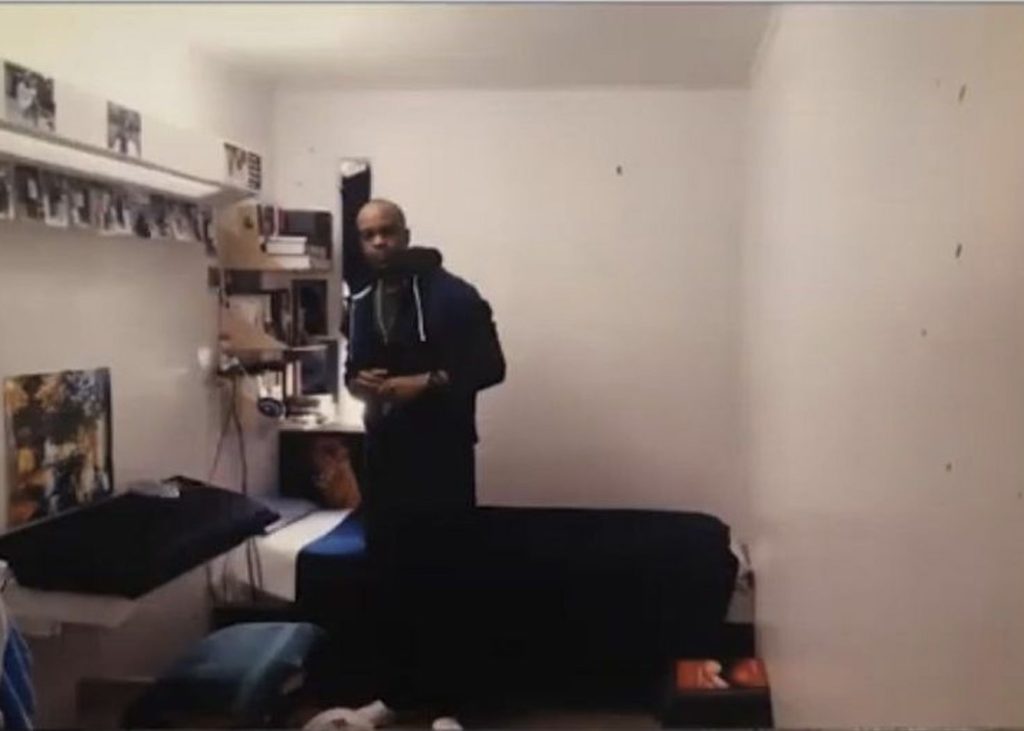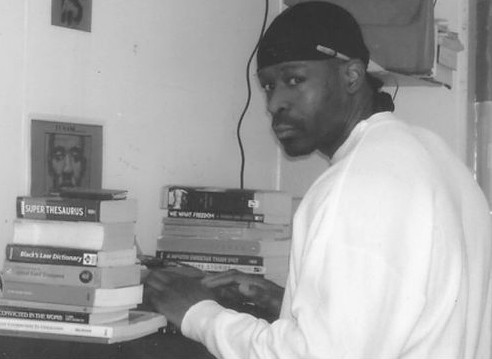Music has helped Keith LaMar survive the mind-numbing sameness of nearly 30 years on death row in a maximum-security prison in the US state of Ohio.
Now he hopes his love and involvement in jazz — along with the intervention of musicians drawing public attention to his case — will help him escape execution for a murderous crime he insists he did not commit.
LaMar, who turns 53 on Tuesday, is accused of killing or ordering the killing of five fellow inmates during an 11-day prison riot in 1993.
His execution is already scheduled — for November 16, 2023.
LaMar said he has spent the past 30 years preparing himself psychologically, morally and legally for whatever comes next.
“So, if and when the time comes, and I am an unfortunate victim of the state … it won’t be because I didn’t try to do everything in my power to prevent that,” he told AFP by telephone.
During those decades behind bars, though, he has become a huge jazz buff.
“Music is a big part of my life,” he said.
He is particularly a fan of the music of John Coltrane, saying iconic albums like “A Love Supreme” have helped him cope with his anger and isolation.
The very first thing he does when he wakes up in the morning in a cell “the size of a closet” is to put on a CD, he said — that, and write.
Jazz concert from behind bars
LaMar pleaded guilty for the crime he was originally arrested for at 19: the murder of a childhood friend — an addict who had tried, at gunpoint, to steal drugs LaMar was selling.
He says he tried to turn his life around during the early years of his original 18-year sentence, completing a high-school equivalency degree before enrolling in university classes from his cell.
But he wants his case around the Lucasville Prison Riot to be reopened, contending that trial was gravely tainted by judicial irregularities.
In that regard LaMar is no longer alone. In addition to a team of lawyers working to reopen his case, several jazz musicians — including the Spaniard Albert Marques — have come together to demand “Justice for Keith LaMar” and raise awareness of his case.
Last weekend Marques’s group gave a concert at New York’s Jazz Gallery to celebrate release of the CD “Freedom First,” composed jointly by LaMar and Marques. Some of the proceeds will cover LaMar’s legal expenses.
During the concert, the firm but seductive voice of LaMar himself could often be heard over the speaker system.
Marques said LaMar, who wrote several of the song lyrics, narrating his life and commenting on his fate, “is part of the band and earns the same as the musicians.”
“The idea is not to play for Keith, it’s to play with Keith,” Marques told AFP.
But how could LaMar participate from a death-row cell hundreds of miles away?
“He can make calls from jail, for which he has to pay,” Marques said, adding with a touch of sarcasm that the guards “can’t prohibit something that they can’t imagine happening.”
Marques said the band wants to “raise awareness” about a case involving one of his “best friends,” whom he has visited in maximum-security Ohio State Penitentiary in Youngstown.

‘Meaningful, purposeful things’
LaMar says in his book “Condemned” — written in his cell, then dictated by phone to a friend — that he has been “trying, with all my might, to redeem myself.” And he explains his version of what happened during the riots, which changed his life forever.
According to LaMar, prosecutors wrongfully withheld interviews with 13 inmates who witnessed or took part in the riots; evidence was destroyed; and prosecutors failed to disclose information that might have proved his innocence.
Prosecutors and appeals court judges, however, have insisted LaMar’s guilt is proven.
“When you (are) poor, Black and in a racist country, you plead guilty,” he said, referring to limited recourse he believes African Americans have in the justice system.
In a country which has seen stunning cases of wrongful conviction, “the truth can only set you free when you have enough money,” LaMar said.
But music can also deliver truth. Musician Marques has been “one of the blessings of my life,” LaMar says, and his last, best hope of drawing wider attention to his case.
Above all, he says, he has gained a “friend.”
“I’m trying to stay caught up with meaningful, purposeful things,” LaMar said, because that gives some sense to his life — and ensures those who believe in his innocence also “believe in me as a human being.”









